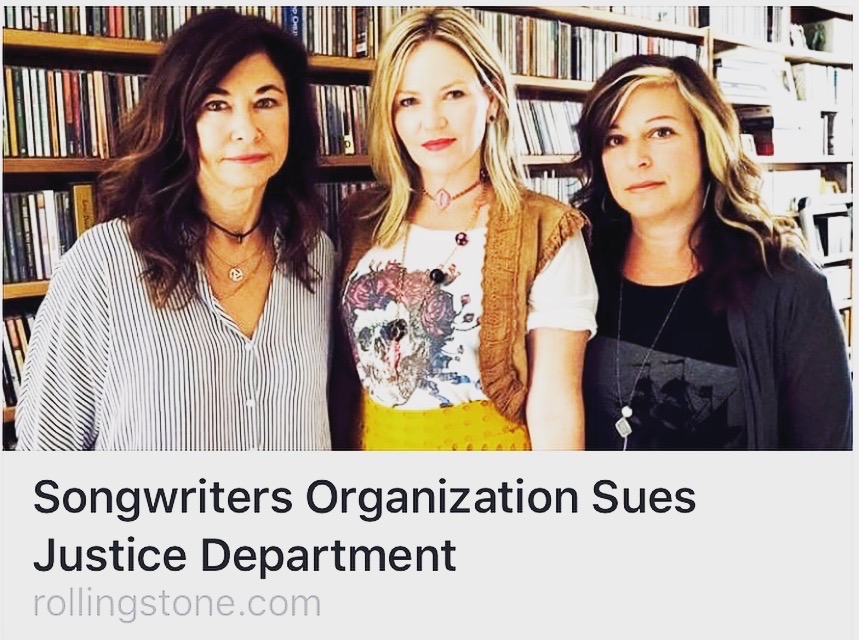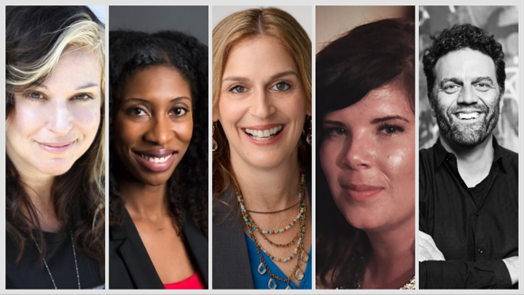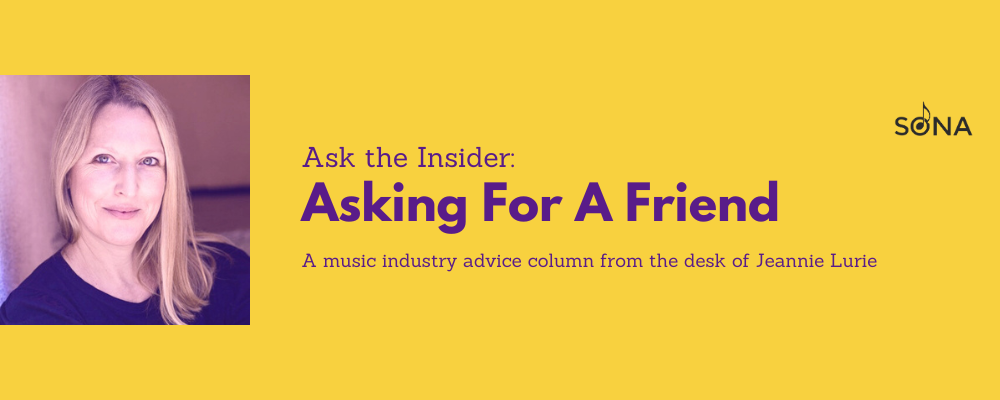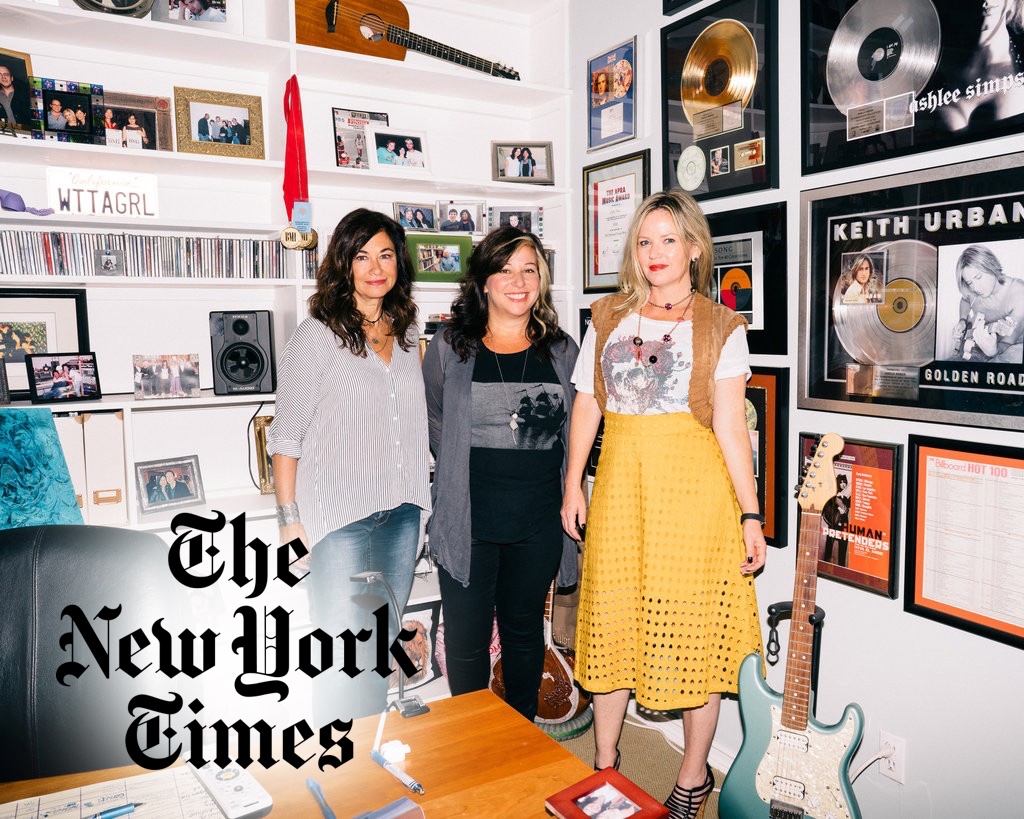On Tuesday, Ms. Lewis and Songwriters of North America, an advocacy group she helped found a year ago, sued the Justice Department, saying that the agency overstepped its authority and that its ruling violated the property rights of songwriters by potentially nullifying private contracts between writers who have worked on the same song. The suit is the latest step in an extensive campaign by the music industry to fight the ruling, but it is the first organized response by songwriters.
In the suit, Ms. Lewis was joined by two other songwriters with extensive résumés: Tom Kelly, who helped write hits like “True Colors” and “Like a Virgin,” and Pam Sheyne, who was a writer on Christina Aguilera’s hit “Genie in a Bottle.”
“Songwriters want to have a seat at the table,” said Dina LaPolt, an entertainment lawyer who is advising Songwriters of North America on its suit.
The Justice Department declined to comment on the lawsuit.
Last month’s ruling by the Justice Department has to do with one of the most complex — and most bitterly disputed — issues in music copyright. For songs to be played on the radio, on streaming services or even in public places like restaurants and retail stores, performing rights organizations like Ascap and BMI collect royalties for songwriters and music publishers. In the United States, these fees amount to more than $2 billion a year.
But the music industry has long been unsatisfied by the rates paid by online companies, and two years ago Ascap and BMI asked the Justice Department for changes to the regulatory agreements that have governed the organizations for decades. Last month, the agency declined those requests, and instead ruled that to comply with their existing rules, Ascap and BMI must institute what is known as 100 percent licensing: When a song has multiple writers, the organizations must have the legal clearance to represent the entire song or remove it from their catalogs.

Advocacy, December 30, 2023
Story of SONA

News, September 1, 2023
The BMI sale: A News Roundup

News, January 25, 2024
SONA amplifying songwriter voices with key new advocacy leadership positions

Advocacy, December 20, 2023
Songwriters vs AI: The Battle For Justice!
Let’s Chat!
Questions? Get in touch with us by filling out the contact form below. We’ll get back to you as soon as we can.
